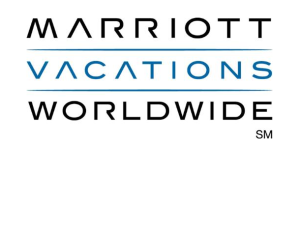Why Timeshares Need the US Transportation System to Catch UP
Monday, June 13, 2011
 Last month, Jonathan M. Tisch, CEO of Loews Hotels, delivered the opening address at NYU International Hospitality Industry Investment Conference. In his speech, to a crowd of some 1800, Tisch made some eye-opening points about the condition of American’s aging transport infrastructure. He touched on issues that get right to the heart of tourism, the economy, and even safety.
Last month, Jonathan M. Tisch, CEO of Loews Hotels, delivered the opening address at NYU International Hospitality Industry Investment Conference. In his speech, to a crowd of some 1800, Tisch made some eye-opening points about the condition of American’s aging transport infrastructure. He touched on issues that get right to the heart of tourism, the economy, and even safety.
Here is a summary of some of the unsettling points he raised, calling this the “next great challenge facing the travel industry”:
- Although investing in the travel infrastructure –roads, bridges, airports, air traffic control, trains, tunnels, and all forms of public transportation— is costly, failing to invest is even more costly.
- As the US economy slowly recovers, Americans return to both more recreational travel and more business travel. However, “…over the next decade, an estimated two billion people will be able to afford international travel – most of them from the rising economies of China, India, Brazil and Russia.” If you think US airports are slow and crowded now, what will they be like when facing such a surge of international travelers?
- Remember when it was fun to fly? With today’s crowded flights, congested airports, security demands, and safety concerns, air travel in the US is far from fun. Now add the deficits in public transportation and you have travel that Tisch describes as, “more stressful, less convenient, and more nerve-racking.” Clearly, this is a problem for hotels, timeshares, and everyone who makes their living in tourism and travel. As Tisch points out, it really doesn’t matter how appealing your accommodations are or how soft the sheets, if the traveler arrives thoroughly frustrated and exhausted from trying to reach his destination.
- Travel delays are more than inconvenient and annoying. According to a study by the Partnership for New York City, travel delays cost the New York regional economy more than $2.6 billion in 2008 and will total $79 billion by 2025.
- Just as travel woes hurt not only the hotel and timeshare industries, but all segments of the economy, travel improvements bring an amazing boost to economies. A report recently released by the Los Angeles Economic Development Corporation estimates that investing in LAX alone would create nearly 40,000 jobs and generate $7 billion for the local economy.
I have only touched on a fraction of the insights that Jonathan Tisch shared in his address. I urge you to follow this link to read his speech in its entirety. You will find it at Hotels Online.


